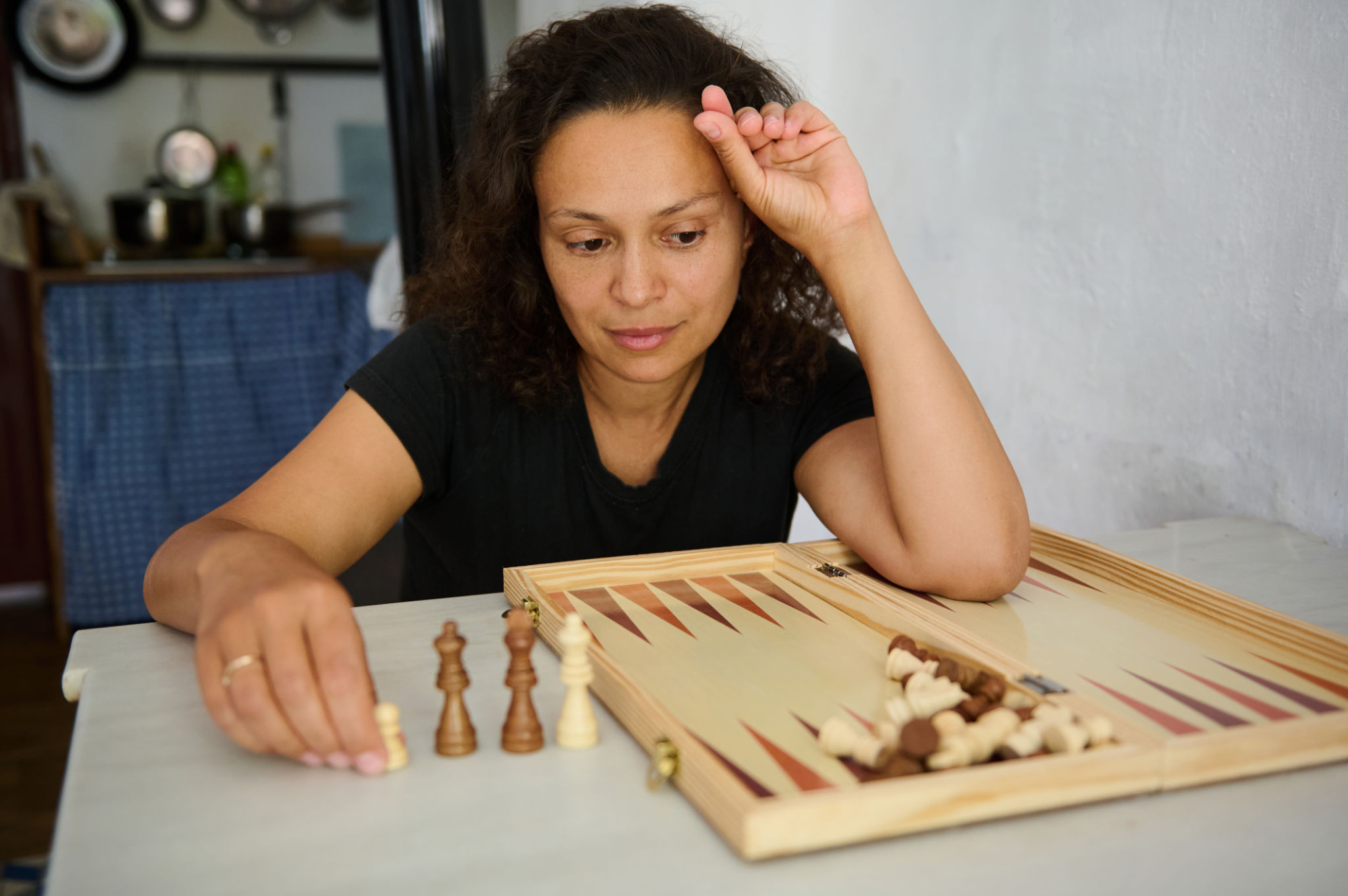How to Improve Your Backgammon Skills: Tips from Experts
Understanding the Basics
Before diving into advanced strategies, it's crucial to have a solid understanding of the basic rules and objectives of backgammon. This ancient game is a two-player strategy board game that involves moving pieces around the board based on dice rolls. The main goal is to move all your pieces off the board before your opponent does.
Familiarize yourself with the setup, the movement rules, and the points system. Knowing these fundamentals will provide a strong foundation for improving your skills. If you're new, consider playing a few practice games to get a feel for the flow and dynamics of backgammon.

Mastering Opening Moves
Just like in chess, your opening moves in backgammon can set the tone for the entire game. Experts suggest focusing on building a strong home board early on. This involves placing your checkers strategically to block your opponent's progress while advancing your own.
One effective opening strategy is to split your back checkers while making a point in your home board. This approach offers a balanced mix of offense and defense, positioning you well for future moves. Practice different opening strategies to find what works best for you.
Developing Tactical Skills
Backgammon is as much about tactics as it is about luck. Understanding how to use tactical moves to your advantage can significantly improve your gameplay. Consider employing tactics like the "prime" – creating a wall of consecutive occupied points – to hinder your opponent's progress.
Another effective tactic is the "hit and cover" strategy, which involves landing on an opponent's blot (a single checker) and then securing that point immediately. This keeps your opponent off-balance and can help you gain control of the board.

Utilizing Probability and Risk Management
The role of probability in backgammon can't be overstated. Dice rolls introduce an element of chance, but understanding probability can help you make better decisions. Analyze the potential outcomes of each roll and choose moves that maximize your chances of success while minimizing risks.
Risk management is also crucial. Sometimes making a safer move is more beneficial than taking a high-risk approach that could backfire. Learn to balance aggression with caution, adapting your strategy based on the current state of the game.
Analyzing and Learning from Mistakes
Improvement in backgammon comes with experience and reflection. After each game, take time to analyze what worked and what didn't. Consider keeping a journal of your games, noting key decisions and their outcomes. This practice helps identify patterns in your gameplay that need adjustment.

Don't shy away from revisiting challenging games with an expert or using computer analysis software. These tools can provide valuable insights into alternative strategies and highlight areas for improvement.
Engaging with the Backgammon Community
Joining backgammon clubs or online forums can be incredibly beneficial for honing your skills. Engaging with other players allows you to exchange strategies, learn from more experienced individuals, and participate in tournaments that offer diverse challenges.
Consider attending local or online tournaments to test your skills against a range of opponents. This experience not only improves your gameplay but also builds confidence as you adapt to different playing styles.
Consistent Practice
The key to becoming a backgammon expert lies in consistent practice. Regularly playing games, whether against humans or AI opponents, helps reinforce strategies and improves your decision-making under pressure. Set aside time each week to practice and review games.
Remember, every game you play is an opportunity to learn something new. Stay patient and persistent, as mastery of backgammon comes over time with dedication and effort.
